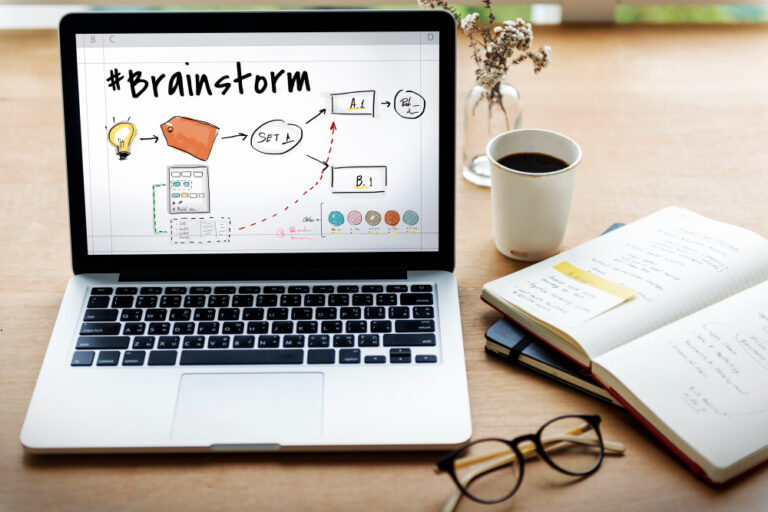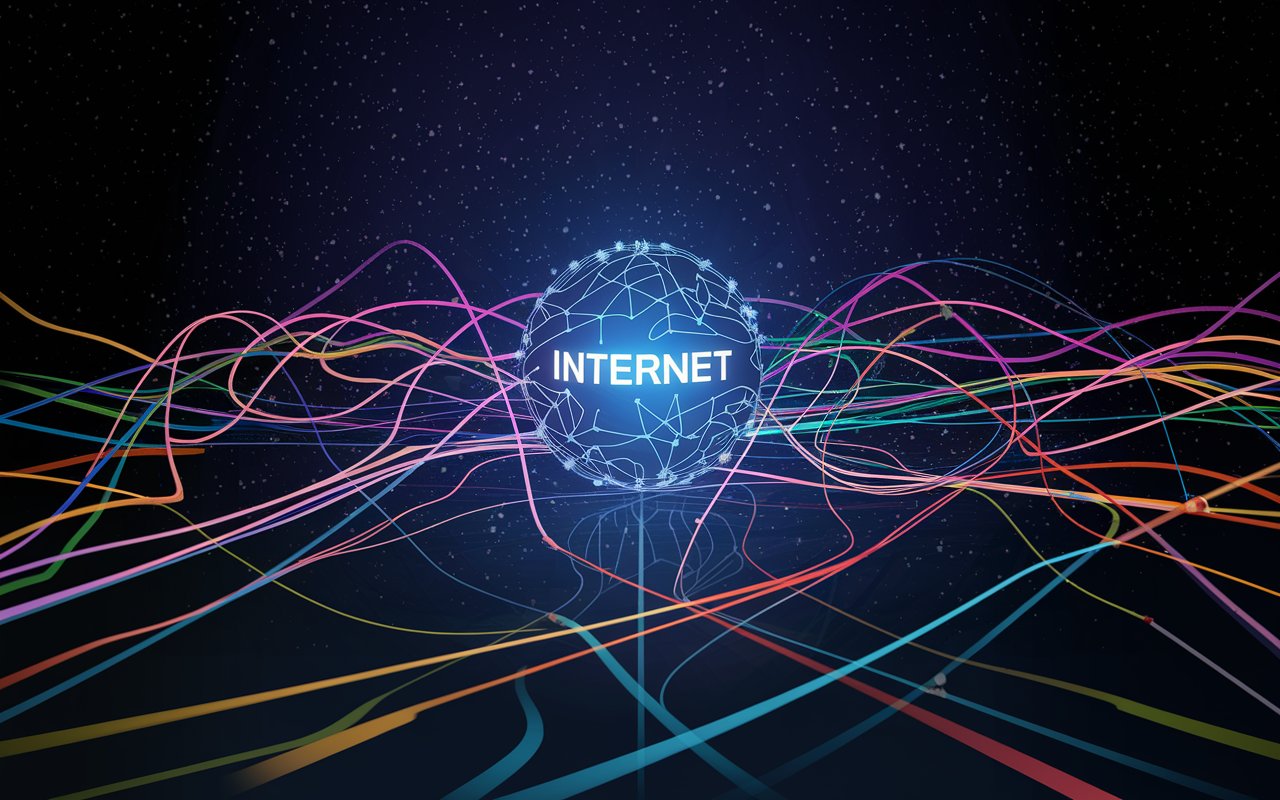Introduction to the Fapdemic and its impact on society
The term “fapdemic” might sound like a punchline, but it reflects a serious concern in today’s digitally driven society. As our lives become increasingly intertwined with technology, we’re witnessing profound changes in our habits—some beneficial and some detrimental. The rise of digital culture has redefined how we interact with ourselves and others, often leading to unhealthy behaviors that can spiral out of control. From endless scrolling on social media to binge-watching shows that keep us glued to screens for hours, the fapdemic is reshaping our daily routines in ways we may not fully understand. What does this mean for mental health? For relationships? And more importantly, how can we reclaim balance in an age where distractions are just a click away? Let’s dive into this pressing issue and explore the implications of the fapdemic on our modern lives.
The Impact of Digital Culture on Our Habits
Digital culture has permeated our daily lives in undeniable ways. From social media to streaming services, the options for engagement are endless.
As we scroll through feeds and binge-watch shows, our habits shift dramatically. Instant gratification becomes the norm. We crave quick hits of entertainment and validation, often at the expense of deeper connections.
This constant connectivity reshapes how we interact with others. Conversations become shorter, more superficial. The art of face-to-face communication dims as screens dominate attention.
Moreover, digital culture fosters a sense of comparison that can be detrimental. We find ourselves measuring our worth against curated online personas instead of focusing on personal growth.
These changes ripple out into every aspect of life—work productivity dips, hobbies fade away, and even sleep suffers under the weight of relentless notifications and bright screens during late hours.
Negative Effects on Mental Health and Relationships
The fapdemic has seeped into daily life, leaving a trail of negative consequences on mental health. Increased screen time often leads to feelings of loneliness and isolation. As users become engrossed in digital worlds, real-life connections may fade.
Relationships suffer as attention is diverted from partners and friends. Communication can dwindle when individuals prioritize online interactions over genuine conversations. Disappointment arises when expectations set by curated social media lives clash with reality.
Furthermore, constant exposure to unrealistic standards creates anxiety and self-doubt. Individuals may struggle with body image issues or feel inadequate compared to the idealized lives they see online. This toxic comparison fosters a cycle of insecurity that affects overall well-being.
The impact on mental health ripples through every aspect of life, affecting how we engage with others and perceive ourselves in this fast-paced digital landscape.
Tips for Breaking the Cycle and Finding Balance
To break free from the fapdemic, start by setting boundaries. Establish specific times for digital engagement and stick to them. This creates a structure that can help reduce impulsive behavior.
Mindfulness practices can also be beneficial. Try meditation or deep breathing exercises to reconnect with your thoughts and emotions away from screens.
Engage in offline activities you enjoy. Whether it’s reading, hiking, or painting, find hobbies that capture your attention without technology.
Surround yourself with supportive people who understand your goals. Having accountability can make a significant difference in staying on track.
Consider detox periods where you unplug completely for a day or two each week. This time away helps reset your habits and fosters genuine human connections.
The role of technology in shaping our habits
Technology is a double-edged sword. It enhances our lives while simultaneously influencing our daily habits in profound ways.
From smartphones to streaming services, we are constantly connected. This hyper-connectivity fosters instant gratification and erodes patience. We expect immediate responses and results, which can shape how we approach tasks and relationships.
Digital devices have also altered our leisure time. Binge-watching shows or scrolling through endless feeds has become the norm. These activities often take precedence over physical interactions or hobbies that once brought joy.
Moreover, algorithms curate content tailored to our preferences, creating echo chambers that reinforce specific behaviors and thoughts. As technology learns from us, it encourages repetitive actions rather than exploration of diverse interests.
In this landscape, awareness is key. Recognizing the subtle nudges technology gives can empower us to reclaim control over our habits and choices.
The effects of excessive screen time on physical and mental health
Excessive screen time has become a common aspect of modern life, with many people glued to their devices for hours on end. This habit can trigger a variety of physical health issues. Eye strain is prevalent, often leading to discomfort and fatigue. Poor posture while using screens may result in chronic neck and back pain.
Mentally, the consequences can be even more profound. Constant exposure to digital content can heighten anxiety levels and disrupt sleep patterns. The blue light emitted by screens interferes with melatonin production, making it harder to fall asleep.
Additionally, excessive screen use contributes to feelings of loneliness and isolation despite being connected online. Many individuals find themselves scrolling through social media only to feel more disconnected from their real lives. This cycle creates an unhealthy relationship with technology that is difficult to break free from over time.
How social media has contributed to the Fapdemic
Social media has transformed the way we connect, but it also plays a significant role in the Fapdemic. Platforms like Instagram and TikTok constantly bombard users with curated content that celebrates instant gratification. This endless scroll can lead to compulsive habits.
Many users find themselves mindlessly consuming videos or images that stimulate desires. The dopamine rush from likes and shares becomes addictive, creating a cycle of need for more engagement.
Moreover, social media often blurs boundaries between reality and fantasy. Users may idealize lifestyles portrayed online, leading to feelings of inadequacy or loneliness when their own lives don’t match up.
The pressure to be connected 24/7 can push individuals towards unhealthy coping mechanisms as well. Instead of fostering genuine connections, many turn to digital interactions that lack depth, further fueling the Fapdemic mentality. It’s a complex web where connection meets isolation—an environment ripe for addiction.
Strategies for breaking free from digital addiction
Creating boundaries is essential. Start by setting specific times for device use each day. This helps establish a routine and prevents mindless scrolling.
Engage in alternative activities. Find hobbies that excite you, whether it’s reading, painting, or exercising. These can replace the time spent in front of screens.
Consider digital detoxes. Designate tech-free hours or even entire days to reconnect with yourself and your surroundings. Nature walks or visiting friends can be refreshing experiences away from devices.
Mindfulness practices also prove beneficial. Meditation or yoga can help center your thoughts and reduce anxiety linked to constant connectivity.
Seek support from others who share similar goals. Join groups focused on reducing screen time where you can encourage one another toward healthier habits without feeling alone in the journey.
The importance of balance in the digital age
Finding balance in the digital age is crucial for our overall well-being. With screens dominating our daily lives, it’s easy to lose track of time and neglect real-world connections.
Setting boundaries around technology use can help restore this equilibrium. Designating tech-free hours or spaces encourages meaningful interactions with family and friends.
Mindful consumption of content also plays a significant role. Curate your online experiences by following accounts that inspire positivity instead of negativity.
Engaging in physical activities acts as an effective counterbalance to excessive screen time. Whether it’s a walk, yoga session, or team sports, these moments invigorate both body and mind.
Fostering awareness about how technology influences habits empowers us to take control. It’s all about making intentional choices that nurture mental health while embracing the benefits digital culture offers.
Conclusion: Embracing fapdemic use for a healthier lifestyle
As we navigate through the complexities of our digital lives, it becomes increasingly vital to embrace mindful technology use. The fapdemic has revealed just how intertwined our habits have become with our screens and online interactions.
Finding balance is key. By setting boundaries on screen time and engaging in offline activities, we can reclaim control over our daily routines. This doesn’t mean abandoning technology altogether; rather, it’s about using it as a tool to enhance, not dominate, our lives.
Engaging in real-life interactions can significantly improve mental well-being and strengthen relationships. Taking walks outside or enjoying hobbies without screens can foster creativity and reduce stress levels.
Mindful consumption of content is equally important. Curating your social media feeds to include positive influences can help counteract some negative aspects associated with excessive digital engagement.
Adopting a healthier relationship with technology allows us to enjoy its benefits while minimizing adverse effects on mental health and overall quality of life. Embracing this mindset will pave the way for a more balanced existence in today’s hyper-connected world.










